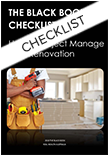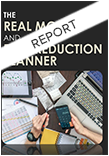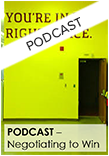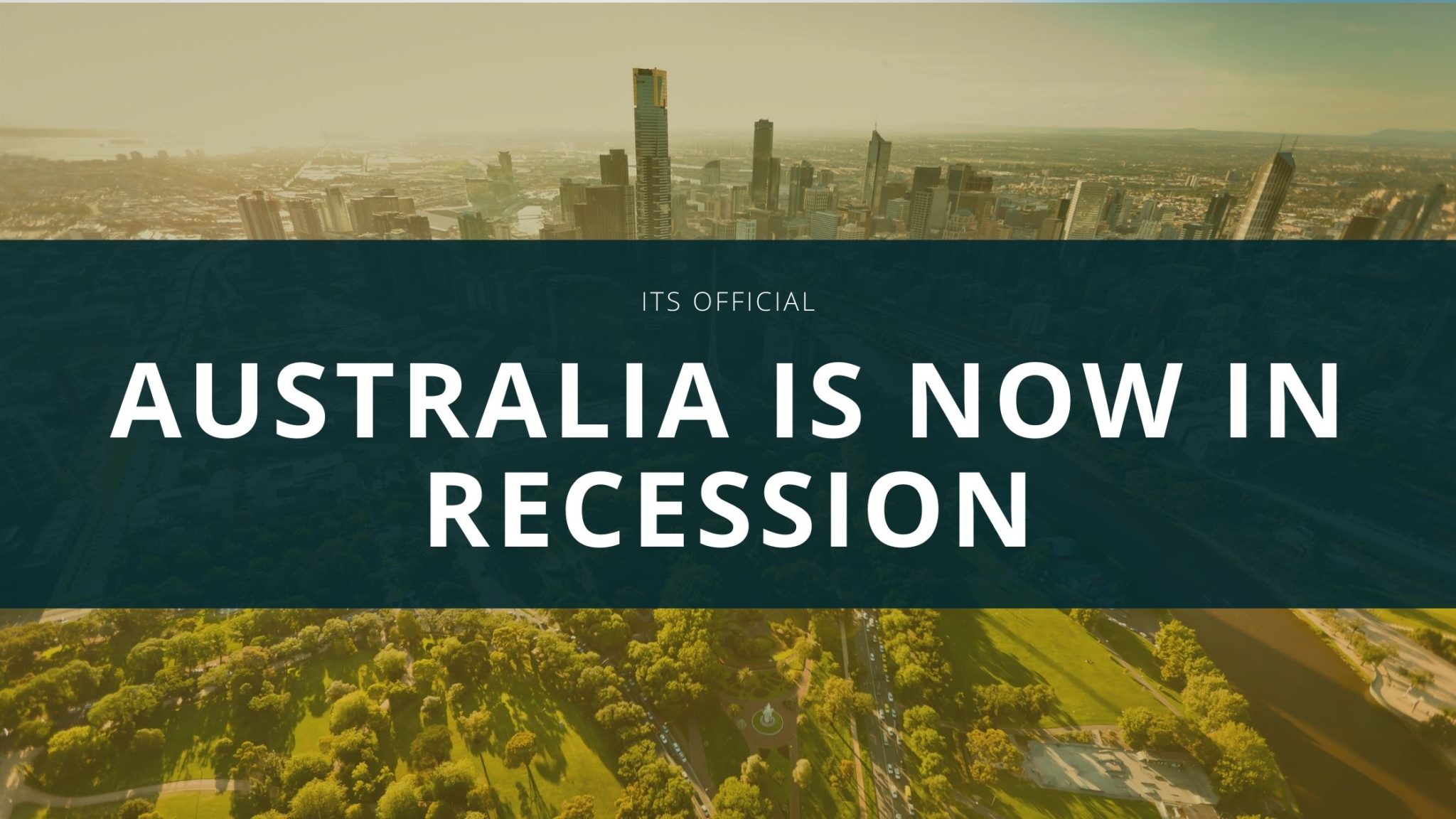
Helen Collier-Kogtevs
The dangers of listening to the bank
 Cross-collateralising – Have you ever heard of it? And more importantly, do you understand it?
Cross-collateralising – Have you ever heard of it? And more importantly, do you understand it?
It’s actually one of those sneaky tricks that the banks absolutely love because it keeps you tied to them by way of complicating things.
There’s a really good chance that your loans are already cross-collateralised without you even realising it, because it’s often the banks’ default move.
What is cross-collateralising?
What it really means is this: when you cross-collateralise, you are allowing your bank to take security over two or more assets for one loan.
Let’s say you own your home worth $600,000 and you have $200,000 equity available and a $400,000 outstanding loan. You approach your bank and say: I’d like to access some of this equity to invest in property.
They may very happily allow you to borrow, say, $100,000 from that equity to use as a property deposit on an investment worth $500,000. The only caveat? You need to offer up this new property as collateral against this equity loan.
This means you are linking up those two assets. This can have very complicated and meaningful impacts down the line should you choose to sell one of those assets, because the loans are tied up with each other.
What are the potential impacts?
Let me explain this by way of a story.
I know of an investor whose loans were cross collateralised. She sold property A and made a $40,000 profit. However, the bank insisted that she hand over $25,000 of her profits to pay down her remaining loan on property B.
Why? Because when she owned two properties, her total LVR was 85%. When she sold property A, her remaining loan had an LVR of 88%. The bank wasn’t comfortable with this risk, so demanded she pay her existing loan down to an 85% LVR.
You can see what I mean by complicated, right?
How do you use your equity without cross collateralisation?
This brings me to my burning question this week! An investor wrote in as they want to know: How can I use my existing property without cross collateralising the loans?
Great question – and I’m so glad you asked it before you went and applied for finance, and got tied up in a loan structure that is difficult to undo.
So: to use your equity, you simply keep your existing loan as a standalone with one lender. You request a ‘top up’ to access the equity, and withdraw that as cash (or more realistically, as a bank cheque!)
This question didn’t come through with much detail, but let’s assume:
- Existing property value of $600,000
- Existing loan of $400,000
- Equity available of $80,000 (to reach an LVR of 80%)
In this scenario, the investor would top up their existing loan by $80,000. They would request a ‘split’ so that the funds are easy to track (and attribute tax deductibility at tax time).
You would then take those funds and seek an entirely brand new loan with a completely different bank.
This makes everything easier to visualise, easier to manage and just makes more sense financially.
Now, if this situation and my opinion and guidance here resonates with you, please book an appointment with an experienced mortgage broker.
This is intended as a guideline only – your broker will be able to give you the right (tailored!) advice and can direct you into a finance strategy that ideally suits your situation.
Do you have a burning question about your rental properties, your mortgage, or any potential investments you’re considering investing in?
To add your query to the pile, please click here. And look out for my 2 Cents reply in an upcoming episode of my 2 Cents Tuesday podcast!
Helen Collier-Kogtevs
Share this post
Become a successful Property Investor















